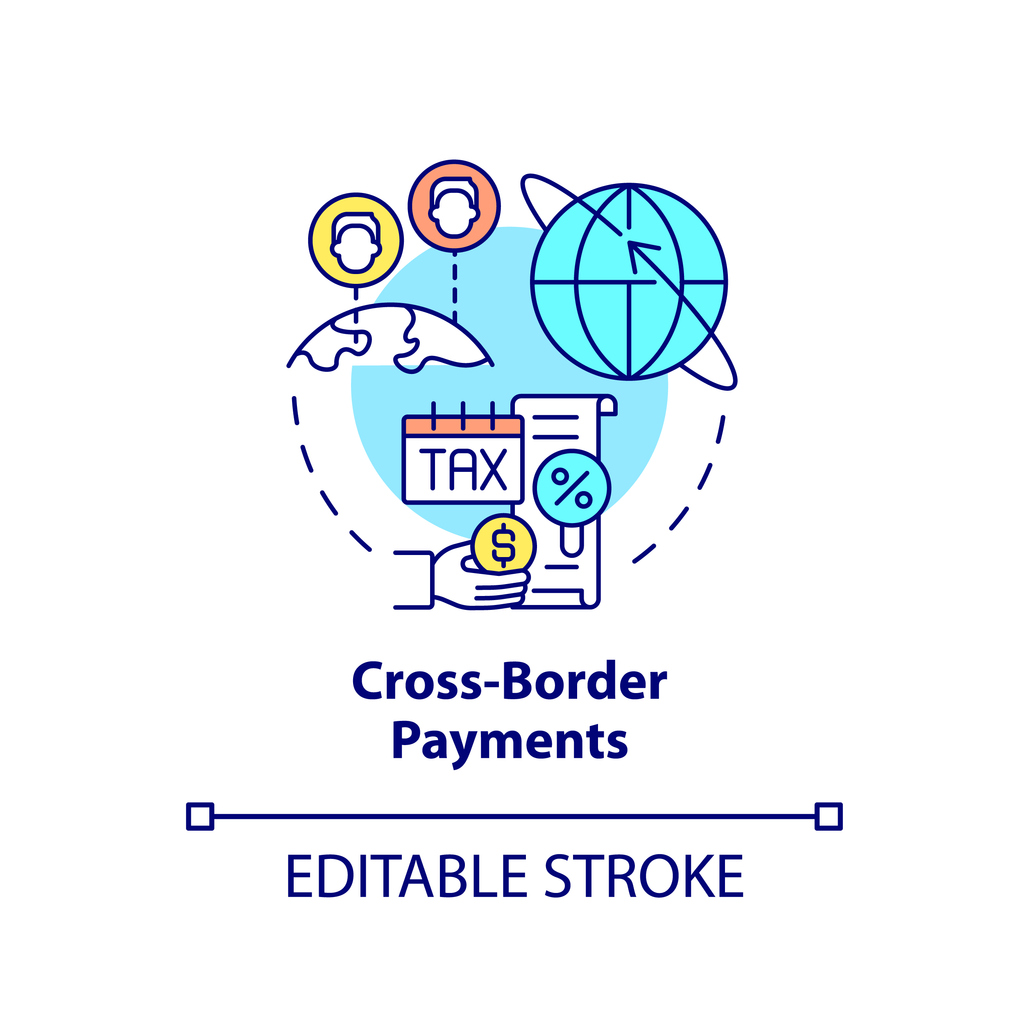A Complete Guide to Overseas Company Incorporation in Nigeria for Foreign Investors
Expanding your business into West Africa offers huge potential—and Nigeria is often the first country global brands choose. With its large population, growing consumer demand, and strategic trade position, Nigeria presents strong opportunities for overseas companies.
But to operate legally and competitively, understanding overseas company incorporation in Nigeria is essential.
This guide breaks down the process, requirements, challenges, and how Wigmore Trading can support foreign firms entering the Nigerian market.
Why Overseas Companies Are Incorporating in Nigeria
Nigeria remains a key entry point into African markets for many sectors—including FMCG, agriculture, construction, pharmaceuticals, and wholesale distribution. Foreign-owned companies choose to incorporate in Nigeria because:
-
It provides local presence and credibility with suppliers, regulators, and customers.
-
It enables access to in-country contracts, government tenders, and import/export permits.
-
It opens opportunities for tax incentives, depending on industry and location.
-
It allows companies to hire local staff and establish warehouse or distribution operations.
For businesses involved in regional trade, Lagos—Nigeria’s commercial hub—is especially attractive for establishing a registered entity.
Options for Foreign Companies Incorporating in Nigeria
When setting up in Nigeria, overseas companies typically choose between two main structures:
1. Limited Liability Company (LLC)
The most common choice for international firms.
Features include:
-
Requires a minimum of two directors
-
Can be 100% foreign-owned
-
Ideal for trading, manufacturing, and service-based operations
-
Fastest structure for import/export licensing
This structure is perfect for companies wanting full operational control and flexibility.
2. Branch or Subsidiary Office
A branch office lets the parent company operate directly in Nigeria.
However, it must meet stricter compliance requirements and sometimes higher capital thresholds.
Most foreign investors prefer an LLC because it offers more operational freedom and easier compliance.
Key Requirements for Incorporating a Foreign Company in Nigeria
Overseas company incorporation in Nigeria is regulated by the Corporate Affairs Commission (CAC).
The process includes:
1. Company Name Reservation
You must submit two name options to CAC for approval.
2. Preparation of Incorporation Documents
This includes:
-
Memorandum & Articles of Association
-
Details of directors and shareholders
-
Proof of identity for all stakeholders
-
Registered office address in Nigeria
3. Minimum Share Capital
Import-dependent businesses, FMCG distribution, and logistics companies often require higher share capital to qualify for licenses.
4. Appointment of a Company Secretary
Required for all corporate entities in Nigeria.
5. Tax Registration
After incorporation, companies must register with:
-
Federal Inland Revenue Service (FIRS)
-
State tax authorities
For trading or wholesale operations, import-related documentation such as TIN, SONCAP, and NAFDAC approvals may be needed.
Wigmore Trading routinely guides overseas firms through these requirements—ensuring compliance and reducing time to market.
Challenges Foreign Companies Face and How to Overcome Them
While Nigeria offers great opportunity, overseas firms often face several challenges:
1. Regulatory Complexity
Licensing, permits, and documentation can be confusing for companies new to Nigerian systems.
Solution:
Wigmore Trading assists international firms by coordinating registrations, navigating import regulations, and ensuring all documentation matches local standards.
2. Supply Chain and Sourcing Issues
Foreign investors often struggle to identify reliable suppliers or distributors.
Solution:
With over two decades of experience in African trade, Wigmore Trading connects companies with verified suppliers, manages procurement, and handles shipping logistics.
3. Import & Compliance Delays
Commodity imports, FMCG products, and equipment sometimes face delays due to incorrect paperwork.
Solution:
Wigmore Trading manages the end-to-end process—from sourcing to customs clearance—reducing compliance risks and delivery delays.
Why Work With Wigmore Trading When Incorporating Overseas in Nigeria?
Wigmore Trading supports international businesses entering the Nigerian and West African markets with:
-
Product sourcing and procurement
-
Import and wholesale distribution support
-
Logistics, warehousing, and transportation services
-
Compliance assistance for import regulations
-
Market insights for FMCG, commodities, and industrial products
Whether you’re launching a new entity or looking to strengthen supply chain operations, Wigmore Trading can help you enter Nigeria with confidence.
Contact Wigmore Trading today to streamline your sourcing and expansion into Nigeria.








Comments are closed.